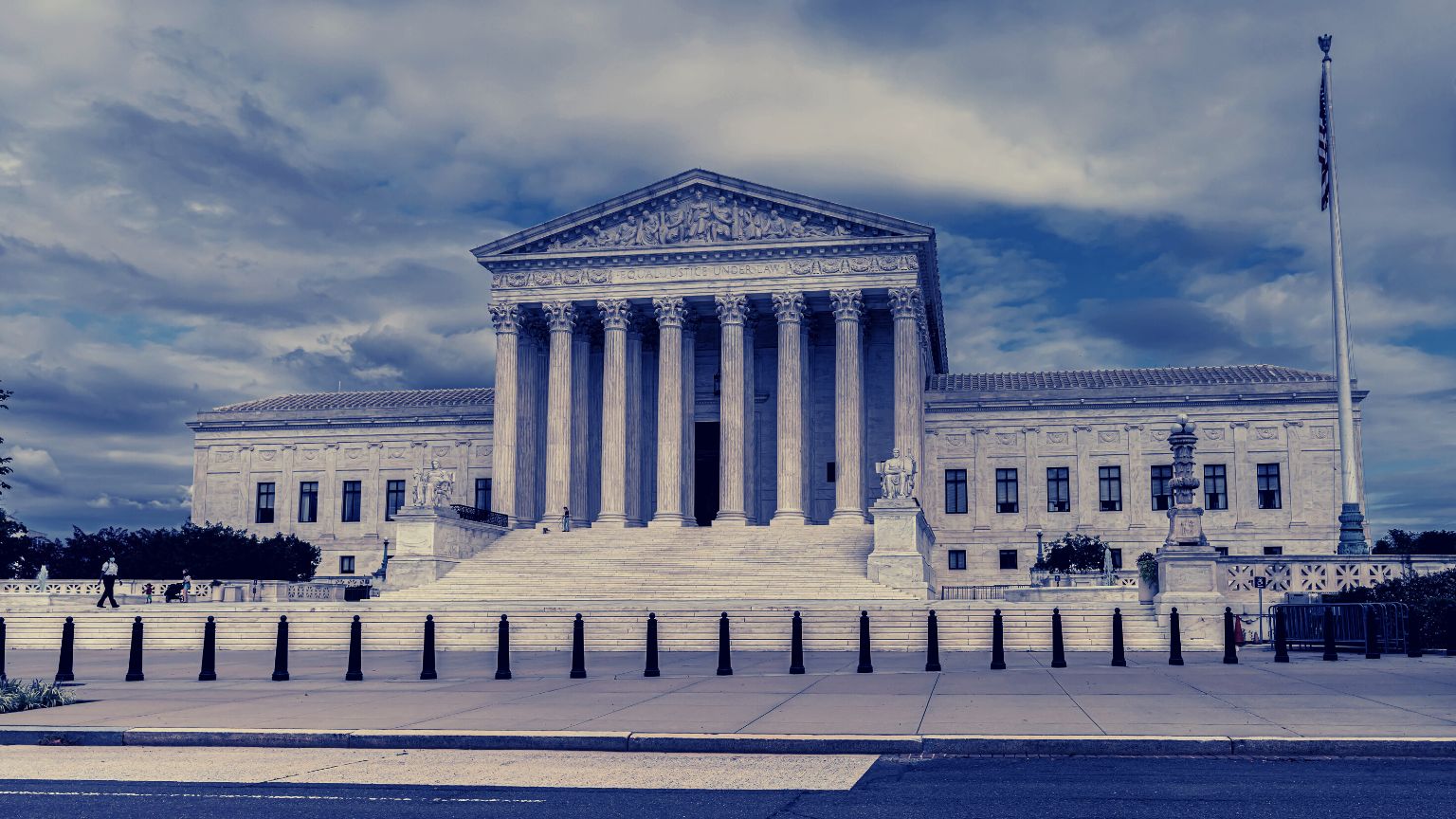In a landmark decision announced Friday, the US Supreme Court sided with a Colorado-based Christian web designer who had declined to produce websites celebrating same-sex marriages due to her religious beliefs. The 6-3 judgment is likely to have far-reaching implications on state public accommodation laws concerning businesses dealing in “expressive” goods.
Read the full opinion here.
Justice Neil Gorsuch, the author of the majority opinion, was backed by Chief Justice John Roberts and Justices Samuel Alito, Amy Coney Barrett, Brett Kavanaugh, and Clarence Thomas. The ruling highlighted the importance of free speech, asserting that the First Amendment guarantees a diverse and multifaceted nation wherein individuals have the autonomy to express themselves without governmental coercion. Gorsuch wrote “…the First Amendment envisions the United States as a rich and complex place where all persons are free to think and speak as they wish, not as the government demands.” He said Colorado attempted to “deny that promise.”
Gorsuch stated that the First Amendment’s protection extends beyond traditional forms of speech, encompassing various means of expression ranging from pictures, films, paintings, and engravings to oral communication and written text. He added that speech transmitted over the internet, such as that of the Christian web designer in question, should also fall under the protective umbrella of the First Amendment.
On the other side, Justice Sonia Sotomayor, who penned the dissenting opinion, expressed her concerns that this verdict could jeopardize the government’s significant role in maintaining equal access to public goods and services for all citizens. She was joined in her dissent by Justices Elena Kagan and Ketanji Brown Jackson.
Sotomayor admonished that this ruling marks the first occasion the Court has recognized a constitutional right for a publicly accessible business to refuse service to individuals belonging to a protected class. She emphasized the gravity of the Court’s decision in exempting a web design firm from state legislation that forbids denying services to same-sex couples if those services are made available to the public.













